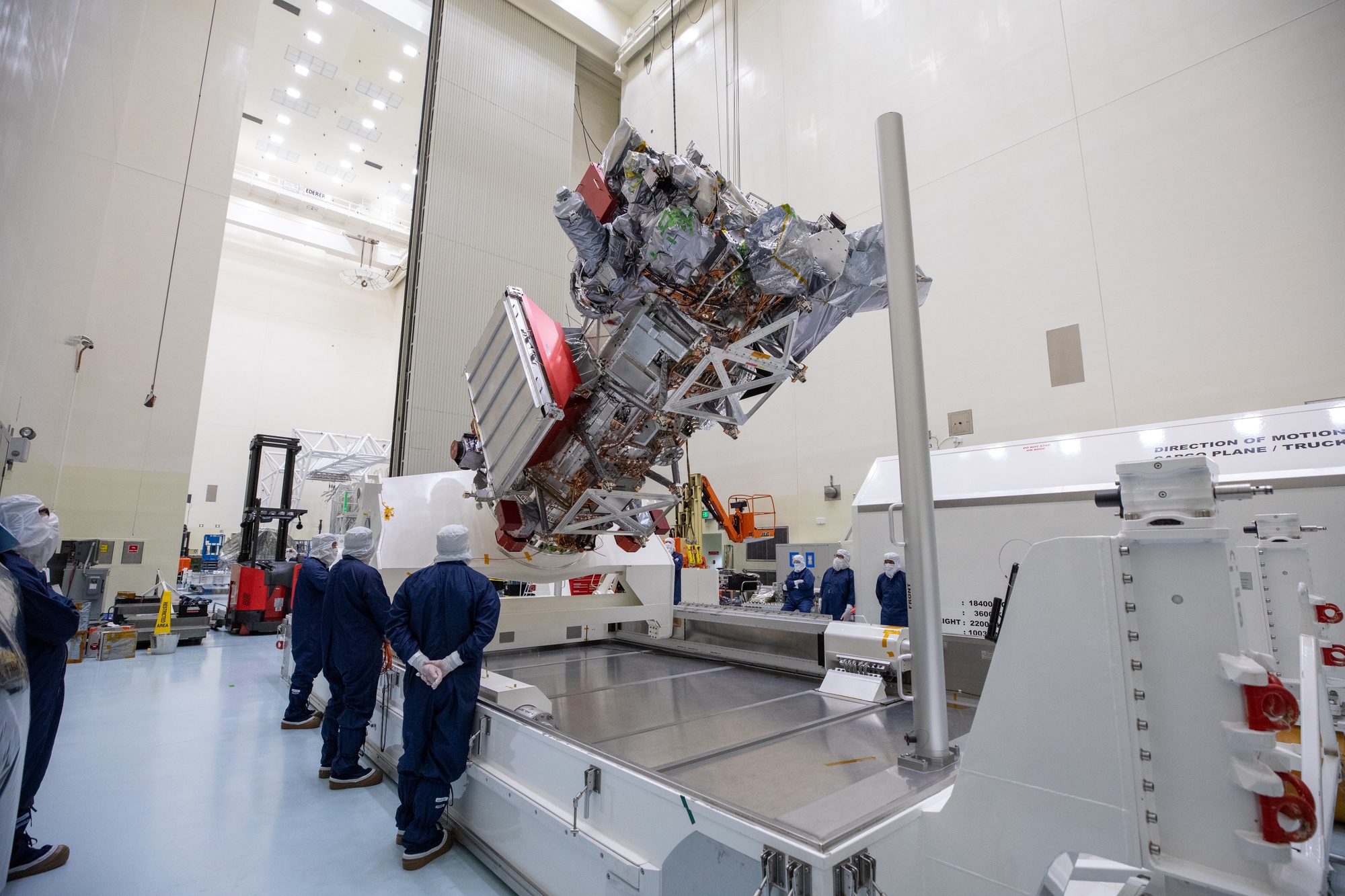WASHINGTON — Impulse Space has raised $150 million to advance develop of two lines of high-energy orbital transfer vehicles focused on “disrupting space transportation.”
Impulse Space announced Oct. 1 that it raised the Series B round, led by Founders Fund. Previous investors Lux Capital and Spring Tide also participated in the round along with new investors, such as venture fund DCVC.
The company said it would use the funding to advance work on two orbital transfer vehicles, Mira and Helios. The company launched its first Mira vehicle on its LEO Express-1 mission last year, which Impulse declared a success despite communications and software issues. It is preparing for the upcoming LEO Express-2 mission, while it continues development of the larger Helios tug announced in January.
“This funding is not only a testament to our team’s achievements over the past year but also a validation of our vision for the in-space transportation industry,” Tom Mueller, founder and chief executive of Impulse Space, said in a statement about the funding round.
The company has emphasized the performance of its vehicles in a market that is crowded with ventures working on or operating orbital transfer vehicles, but which has not seen demand for such vehicles grow as fast as predicted. Both Mira and Helios use chemical propulsion systems that offer large amounts of delta-v, or change in velocity, that can be provided quickly. Impulse said when it announced Helios that the vehicle could take a five-ton satellite from low Earth orbit to geostationary orbit in less than a day.
“The satellite market is demanding enhanced maneuverability and rapid on-orbit responsiveness, which requires Impulse Space’s powerful, high delta-v vehicles,” said Scott Nolan, a partner at Founders Fund, in a statement. Founders Fund was an early investor in SpaceX, a company where Impulse founder Mueller led propulsion work for many years before leaving to start Impulse.
Impulse said the funding will allow the 140-person company to develop an upgraded version of Mira that will make its first launch in late 2025, with Helios slated to fly its first mission in 2026.
Aaron Mitchell, director of product development at Impulse Space, noted on a panel at World Space Business Week Sept. 18 that the company’s strengths came from vertical integration, not just of its propulsion system but also other elements of those vehicles, an approach SpaceX also used.
“Helios is intended to disrupt the way we get vehicles to GEO,” he said, by rapidly delivering satellites to GEO. “The company came out with the idea of disrupting space transportation from the get-go.”
In August, Impulse Space announced a GEO rideshare program, which will offer slots on Helios vehicles for smaller GEO spacecraft that otherwise have limited options for getting to that orbit. “We’re going to gauge the demand and see if it’s real,” Mueller said in an interview about the program at the Small Satellite Conference. “We think there are a lot of companies looking at this.”
Impulse has announced one customer for that service so far. The company said Sept. 16 that it will provide transportation to geostationary orbit for satellites from Space Network Services, a French startup planning to deploy up to six small GEO communications satellites.
The company was also one of three selected by NASA Aug. 22 to be included in its Venture-Class Acquisition of Dedicated and Rideshare (VADR) contract, used by the agency for launches of small satellite missions.



